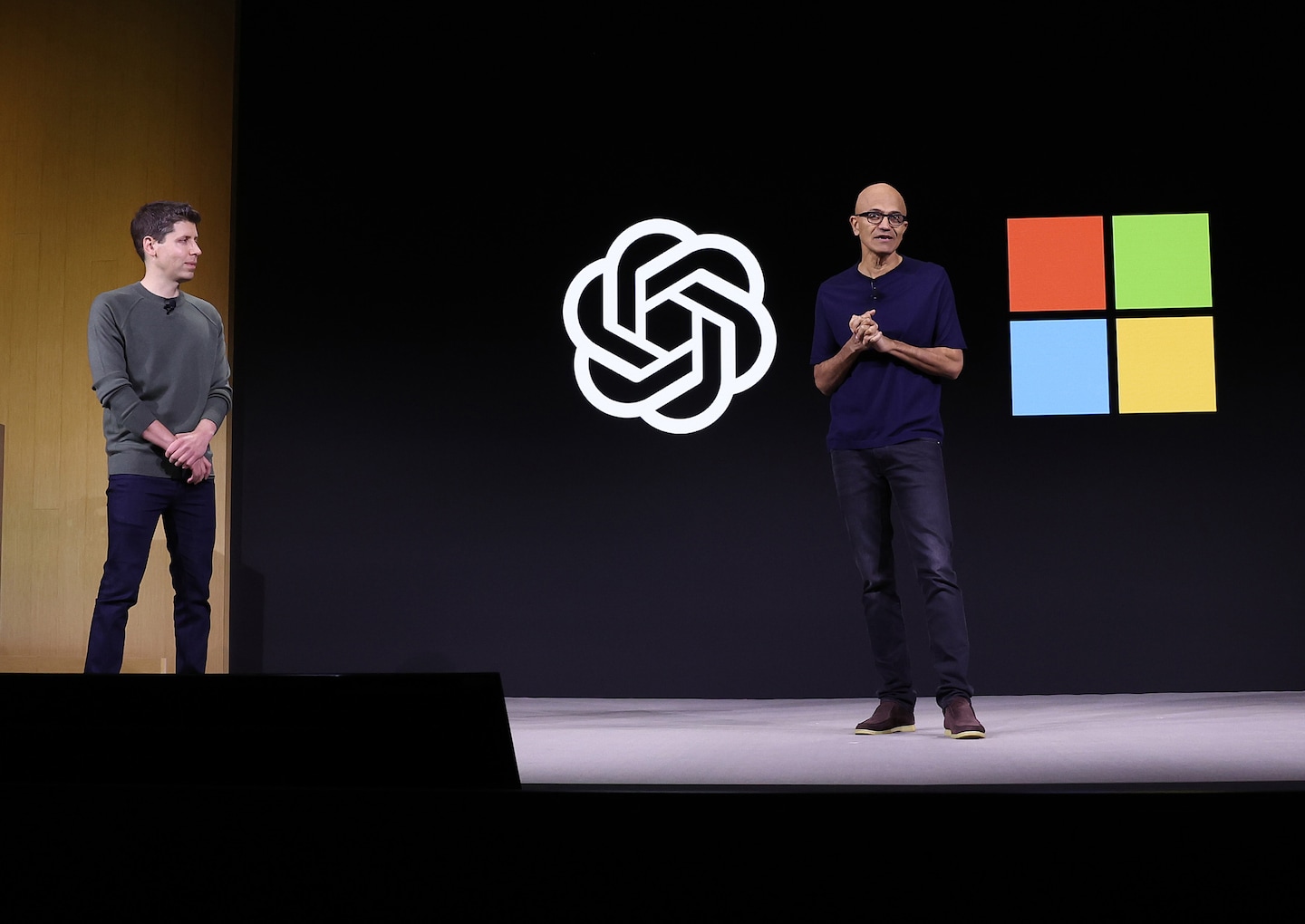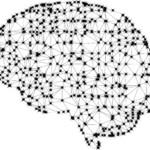The legal dispute initiated by The New York Times against OpenAI and Microsoft on Wednesday centers on the tech companies’ use of Times articles to train their AI systems. This incident reflects a broader pattern of conflicts arising from the unauthorized utilization of creative content in the tech industry.
The complaint filed in federal court in Manhattan alleges that OpenAI and Microsoft extensively utilized Times reports to enhance their AI technology, which now competes directly with The Times’ own products. Despite attempts by The Times to reach a formal agreement, negotiations have stalled, leading to the initiation of legal proceedings. Responses from OpenAI and Microsoft representatives are currently pending.
At the heart of AI tools like ChatGPT are “large language models” (LLMs) that analyze extensive text datasets from the internet to comprehend linguistic patterns and predict subsequent words, enabling human-like text generation. While previous versions of LLMs drew from diverse sources, the lack of transparency regarding the specific content used in the latest models by OpenAI, Microsoft, and Google has sparked concerns.
The tech giants have justified their actions by citing the “fair use” doctrine in copyright law, arguing that their transformative use of web-scraped data for AI training is permissible. However, instances highlighted in The Times’ complaint point to direct reproductions of Times content by OpenAI’s GPT-4, leading to scrutiny from creators concerned about potential exploitation for AI advancements.
Legal experts emphasize the importance of demonstrating substantial reproduction of copyrighted material by AI tools rather than mere paraphrasing to build a strong case of infringement. Prominent figures such as Jodi Picoult, Jonathan Franzen, and George Saunders have taken legal steps against OpenAI, reflecting a broader resistance from creative professionals against tech giants.
In response, over 583 media entities have bolstered their online platforms with filters to prevent data scraping, indicating a collective effort to protect their content. Despite OpenAI’s recent progress in securing content agreements with news organizations like the Associated Press, questions persist regarding the ethical and legal ramifications of AI content usage and creation.
As discussions on copyright compliance intensify and the legal landscape evolves, the convergence of AI technology and intellectual property rights remains a focal point for stakeholders aiming to balance innovation with the recognition of original creators’ contributions.






